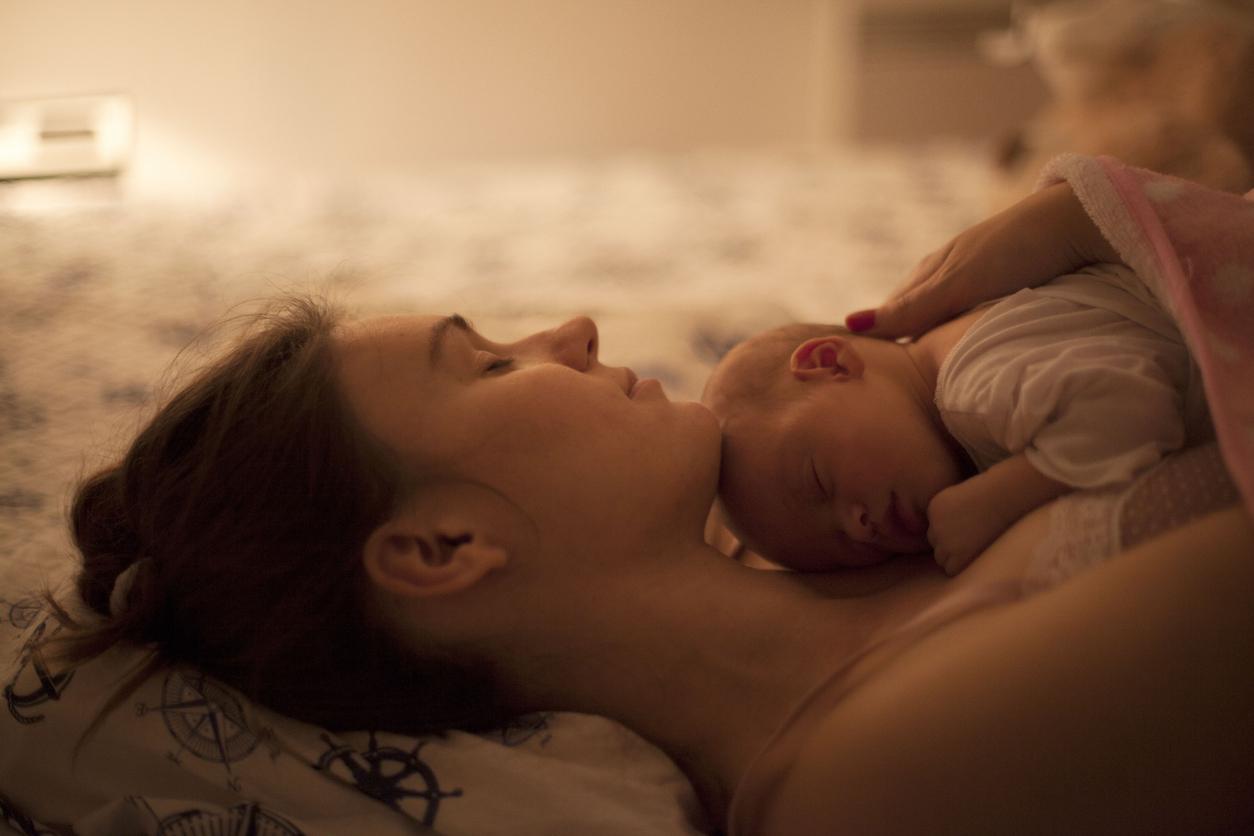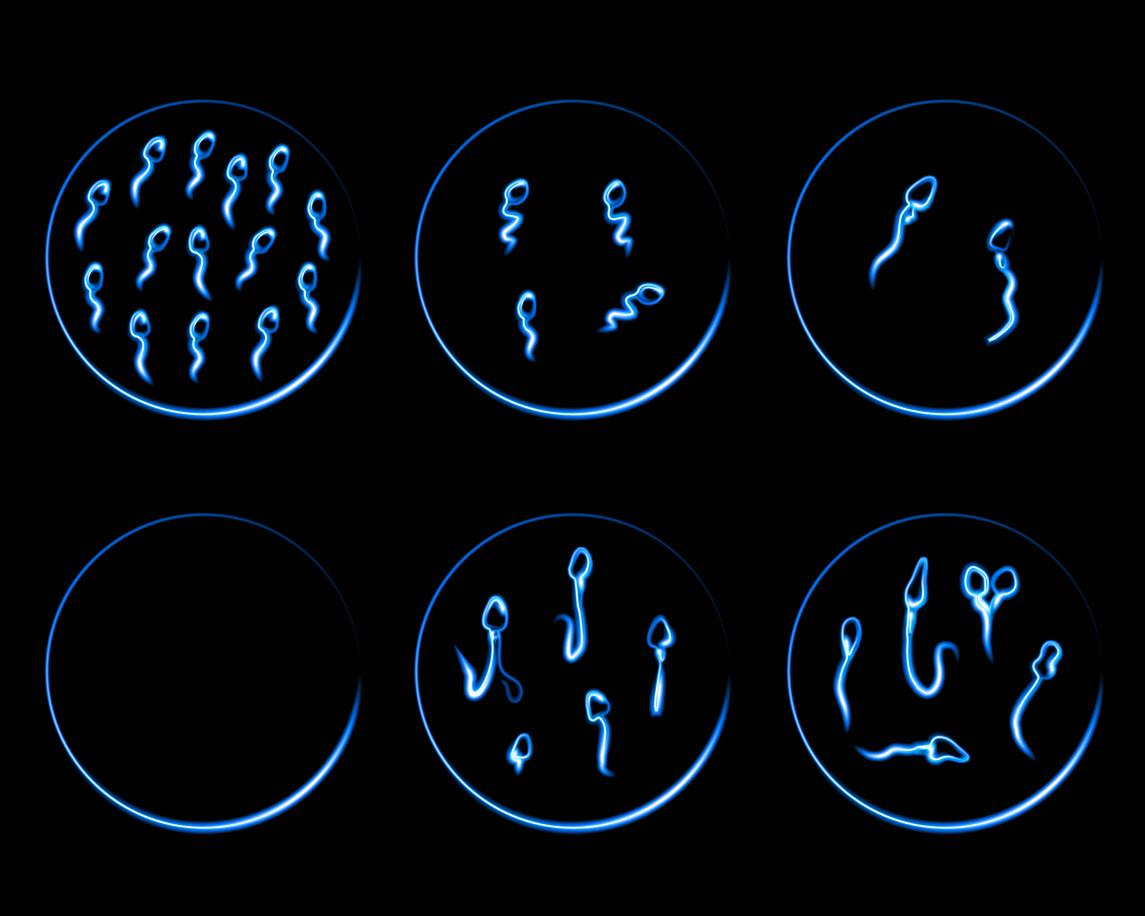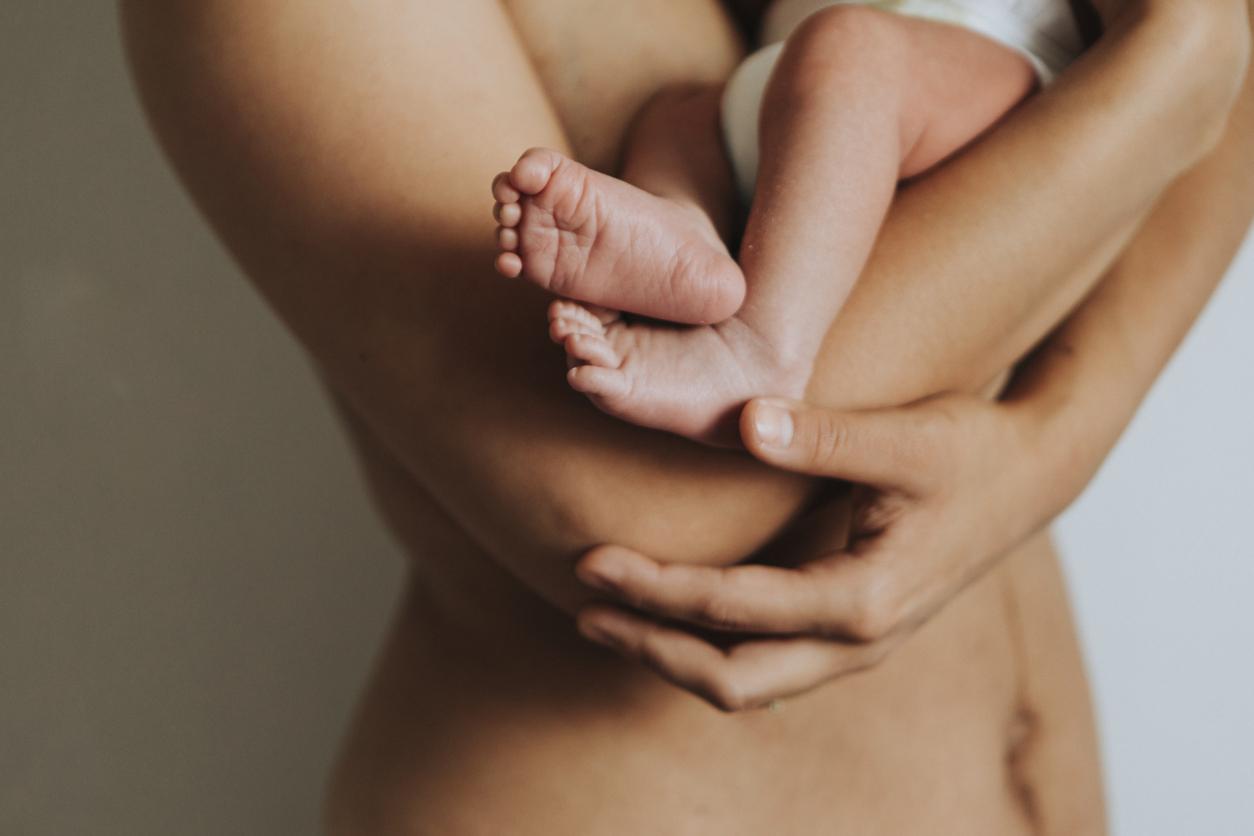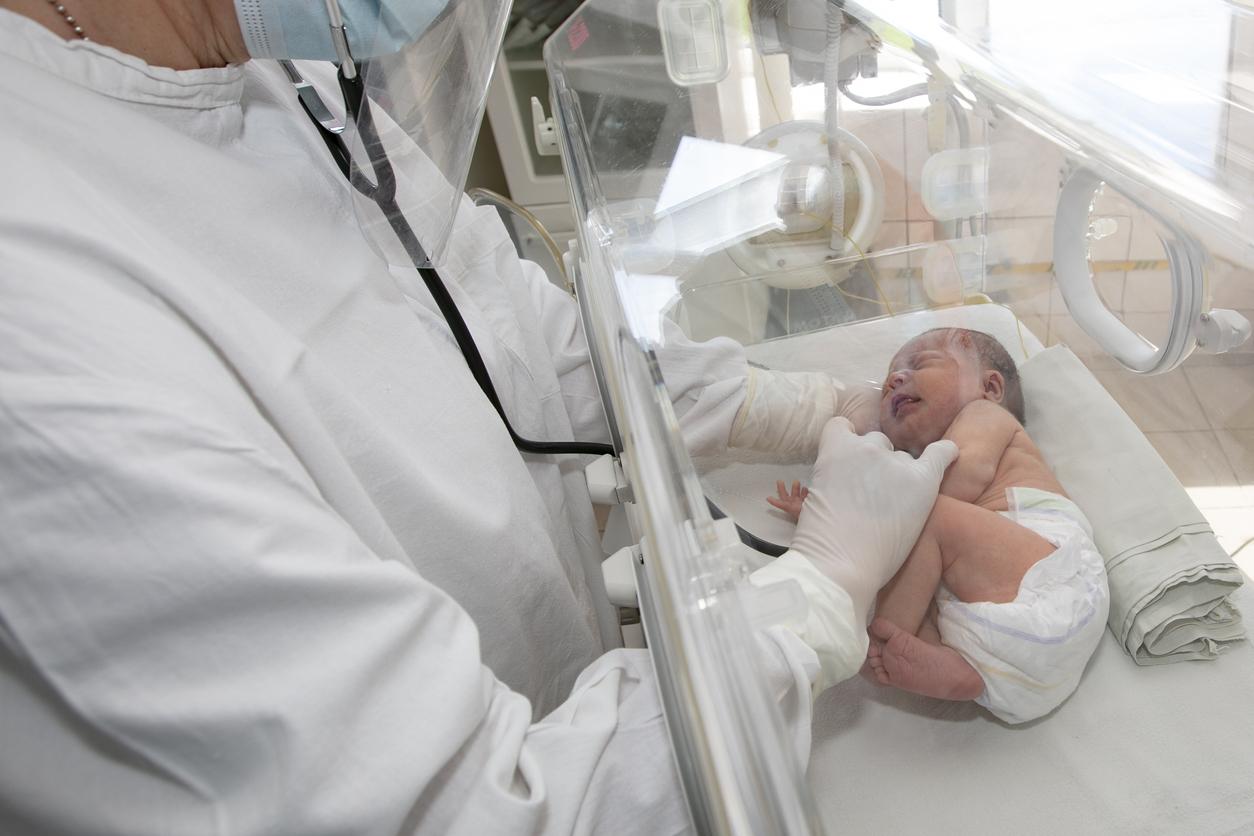Delphine Petit-Postma is Kraamzorg, a job that does not exist in France but in the Netherlands. Like a good fairy, she helps young parents postpartum, just after the birth of the child, to monitor the health of the infant and the mother, help with meals and housework, advise on breastfeeding and sleep…

Why Doctor: In France, women are closely monitored throughout pregnancy, then after childbirth, they are in a way left to their own devices. However, whether the birth went well or not, it is a period of great vulnerability for the new mother… Can you explain why?
First, when you’re going to have a child, whether it’s the first or the fifth, the family balance is disturbed, so you have to reorganize everything. Then, you have to keep in mind that we are going to welcome someone we don’t know, even if we carried them for 9 months in our womb! Someone for whom we may have to change cars, make a new room… and ultimately spend an average of 10,000 euros per year. So I always tell parents to take the time to get to know their baby, to tell him his story… babies understand everything we say.
If we speak strictly speaking of postpartum, physically, the woman has just cloned herself: she has created another human being thanks to the placenta, an ephemeral organ designed solely for this procreation. So for several months, his body did pretty much just that. When the baby is born, the body must recover from these 9 months and from childbirth which is experienced as a real marathon. And if there is breastfeeding, he must also be able to feed this child. This causes a whole bunch of processes in the woman’s body, making her very tired.
Becoming a mother: “The first time is experienced as a tsunami”
The upheavals are also psychological: the woman becomes a mother. The first time is like a tsunami, but each newborn is an event in its own right that will upset both parents. Emotionally, there are many women who say that they change their identity, that they no longer recognize themselves… And for good reason, when the child is born, you have to radically change your life! We know it when we are pregnant but we don’t know how real it is, how much everything requires real organization, that it is no longer possible to go out for a drink with a friend or to go to the hairdresser on a whim. Often, people think intellectually that they are ready, and finally, when the child is born, they fall from above. You also sometimes have to mourn the perfect child, when you don’t have the desired sex, or for example when the child looks a lot like the mother-in-law with whom you don’t get along well… is not always easy because even today, it is not socially acceptable to say it or to think it, it is taboo, especially for women who should “be happy” when the baby is born. There can also be guilt, often with the second child: “am I going to love him enough?” ; “how am I going to take good care of both?”, etc. But love is not divided, it multiplies!
How can a woman prepare for this postpartum?
In addition to our book A smooth postpartum written with Marion Joseph, I recommend reading several on the subject, in particular Postpartum lasts 3 years and The golden month, in order to prepare the after, before. It’s important to do it because when the baby is born, it’s too late, we’re in the gas and we don’t have time to do it anymore.
Anticipate the postpartum and ask for help from those around you
To live the first month after childbirth as well as possible, you have to prepare your refrigerator well, anticipate meals, put things in the freezer, be sure to have all the basics in your pantry before the due date… in order to have just to reheat food during postpartum. Because when you eat well, you recover better. And above all, you shouldn’t tell yourself “we’ll see”, because this “we’ll see” will inevitably fall into the water because of the choppy nights and the need to recover from fatigue.
I also recommend preparing your house beforehand: you have to assemble the furniture before the birth, think about how you will bathe the newborn, etc. You have to think about simplifying your life as much as possible to make sure that you only have to think about yourself and the baby during this whole period.
The help of the entourage is also essential! It’s not much part of French education, but women shouldn’t feel guilty about asking for help and receiving it. You have to organize yourself in advance with the people who will come to help you, that’s what I call the “mums’ helpers”. Define well with them what they come to do, for how long, etc. It is also important to have the contacts of the health professionals you may need to call: doctor, midwife, lactation specialist, PMI, doula, etc., and to have already contacted them before the delivery.
“Being woken up every 2 or 3 hours is exhausting” but you have to put it into perspective
What are the most common difficulties encountered (both physical and psychological)?
The two most common difficulties are breastfeeding and lack of sleep. Breastfeeding is a natural way to feed your baby, but it is naturally not easy. This is important to know because often just putting the baby to the breast is not enough. Here too you have to prepare before giving birth, then take your time and surround yourself with people who will be able to help. The milk comes in 3 to 5 days after birth, so you have to persevere and be aware that it’s a work of two, between the mother and the baby.
For both parents, lack of sleep can be particularly hard to live with. Being woken up every two or three hours is exhausting and quickly becomes physically and psychologically complicated. In these moments, I remind parents that these are phases and that even if we have the impression of not getting out of it, this phase will eventually pass, it is only temporary.
Moreover, I also note that we are part of a generation of parents who want to control everything, with absolute self-control, except that the baby cannot be swippered, fired or divorced. Parents must learn to let go and above all, to trust their baby and themselves. I see a lot of young mothers who no longer trust their instincts and who don’t listen enough to what they feel deep inside.
Breastfeeding: the co-parent can help the mother in many ways
How can the entourage, and in particular the spouse, help the woman?
The first thing to keep in mind is that the co-parent is the caretaker of the house. It is he who protects against all “invasions”: if people come, they also have to leave to let the mother and baby rest. And this is particularly the case with his parents.
The co-parent can also help the mother with breastfeeding, for example, by making sure that she is well settled, that she has not forgotten to go to the toilet before, that she has enough to drink, the neck relaxed… Between the two feedings, he can take the baby and go and change him. I see a lot of dads who want to help but don’t know how to go about it. It is therefore also up to the mother to give him the keys by telling him “you are as capable as I am” and by giving him the opportunity to do things.
Fathers must be aware that around D+3 – D+4, there is the famous drop in hormones which can cause the mother to cry a lot. When this happens, do not look for a solution or a problem because there is none! You just have to accompany the mother, without asking her any questions, by taking her in her arms, telling her that we love her and reminding her of the exceptional thing she has just done – giving birth to a child -.
“Leave the baby in the arms of his mother, bring food, help around the house, value the mother”
When do you realize that a woman is not in baby blues but rather in postpartum depression?
If the baby blues lasts 10 to 12 days it’s ok. Much depends on how the birth went. If we need to talk about it, don’t hesitate to call friends, doulas, etc. Writing also helps because it allows you to exteriorize and keep track.
On the other hand, if this depression lasts longer, if you cry several times a day, if you no longer have an appetite or if you no longer sleep, you should not feel stupid, embarrassed, ashamed, or telling yourself that you are a bad mother… You have to ask for help because there are solutions.
To avoid all this, it is important to ask to be surrounded. And I would like to say to people who will soon be visiting young parents: you are not going there to tell your story but to help them! Leave the baby in his mother’s arms, bring food, help around the house, value the mother… because too often, mothers doubt themselves and need to be reassured.
To find out more: A smooth postpartum, Marion Joseph and Delphine Petit Postma at Editions du Rocher.

















